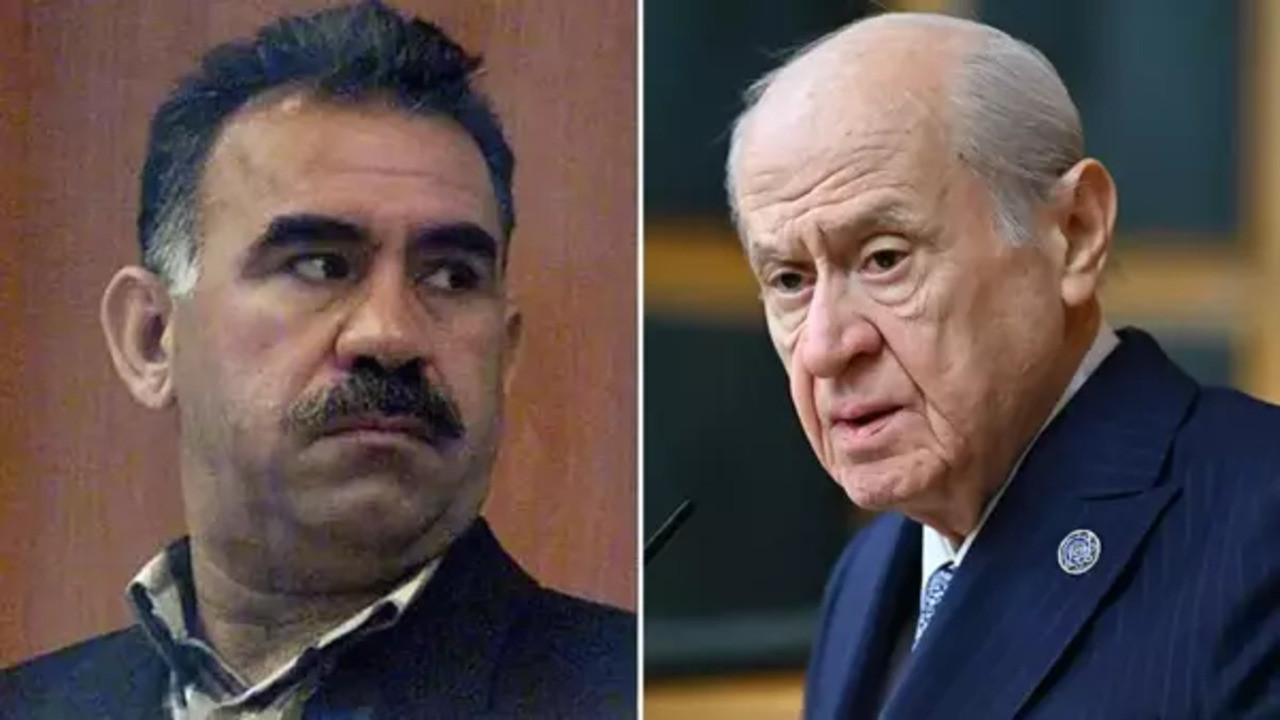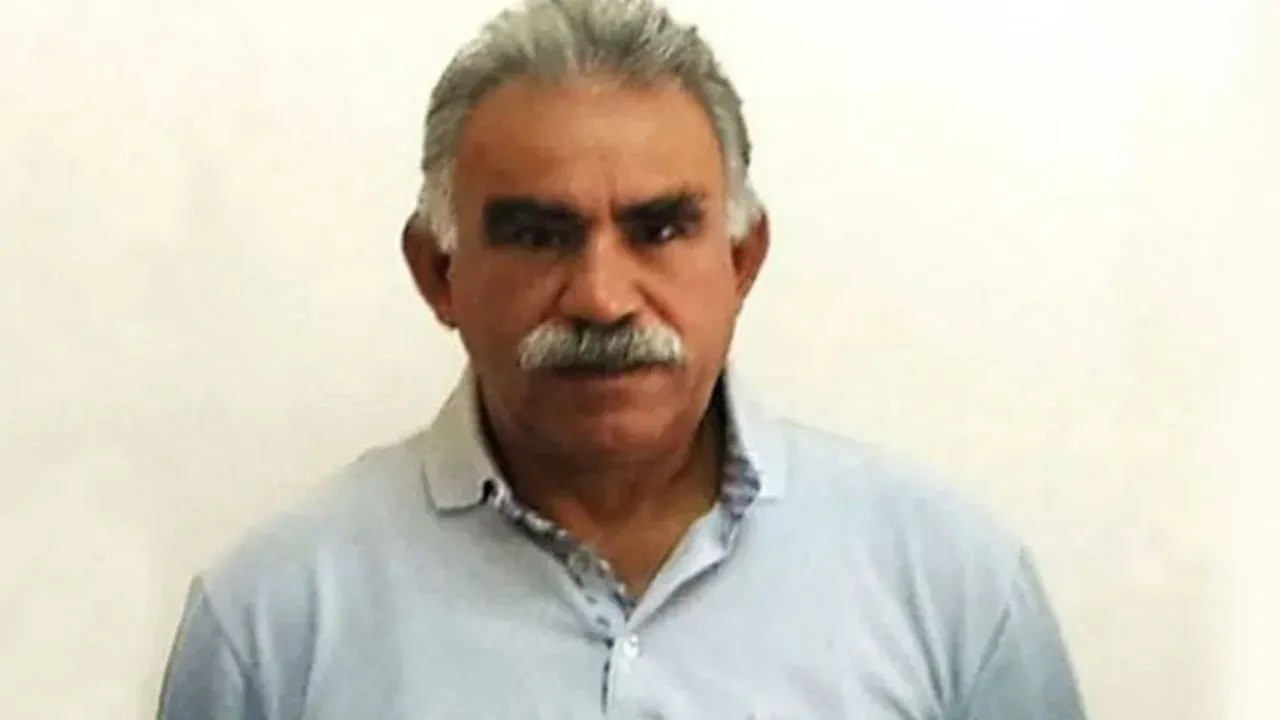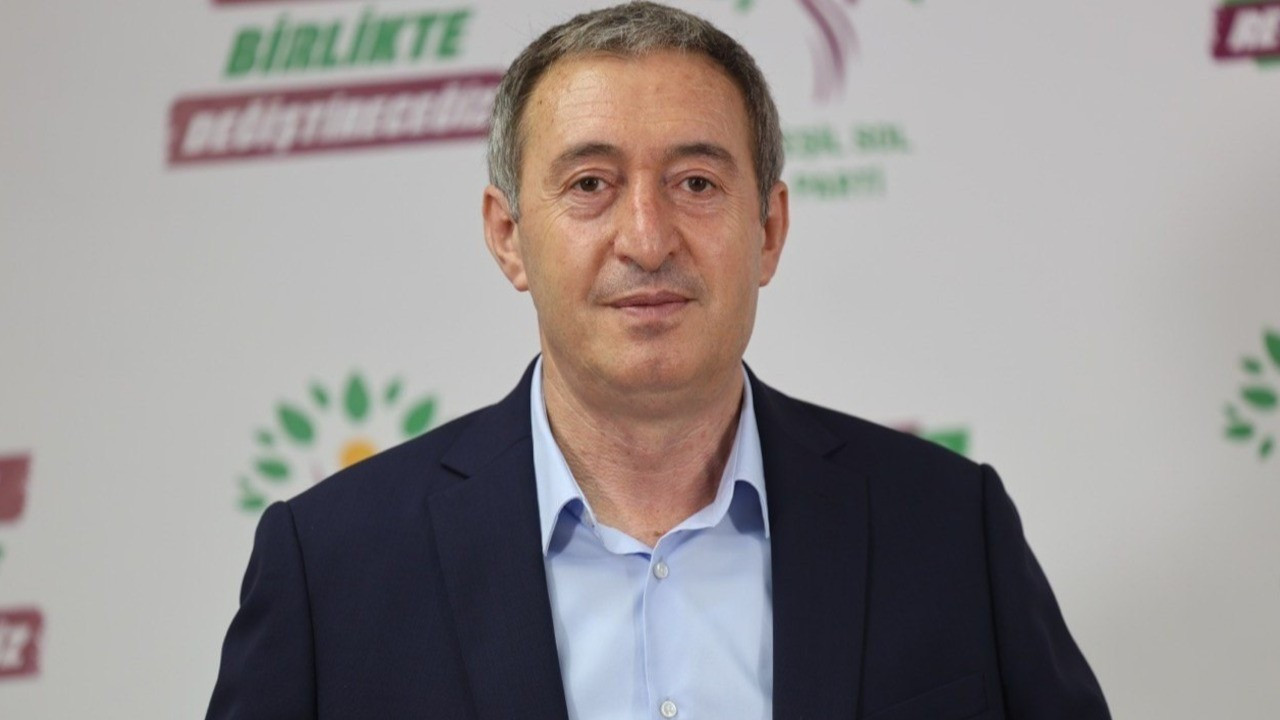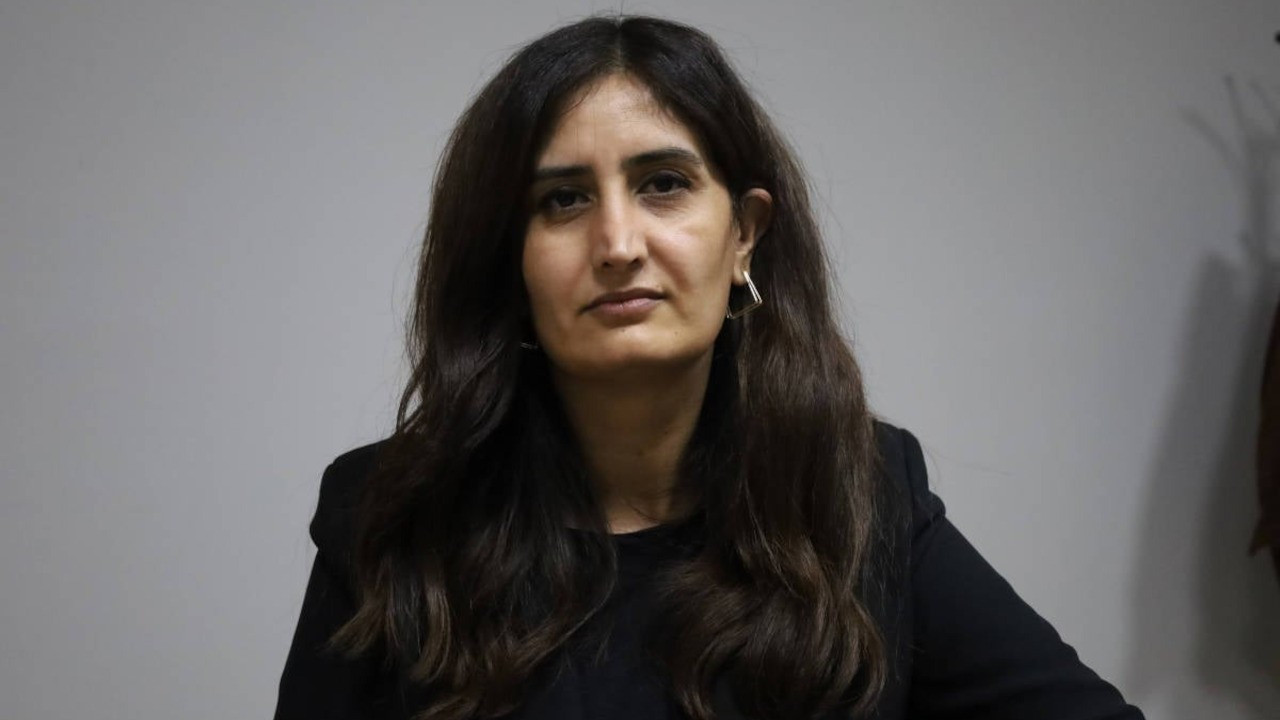Jailed PKK leader Öcalan wants to complete Marx’s unfinished book, DEM Party co-chair says
Pro-Kurdish DEM Party co-chair Tuncer Bakırhan said jailed PKK leader Abdullah Öcalan would like to complete Karl Marx’s unfinished book.
Duvar English
Turkey’s pro-Kurdish Peoples’ Equality and Democracy (DEM) Party co-chair Tuncer Bakırhan said on Nov. 27 that Abdullah Öcalan, jailed Kurdistan Workers Party (PKK) leader wants to finish Karl Marx’s unfinished book.
In an interview with online news outlet Medyascope, Bakırhan noted, “Öcalan said, ‘Marx couldn't write his last book. I am seriously concentrating on this. I think I'll write the last book Marx wanted to write’.”
After a 43-month-long contact ban, Öcalan was allowed to meet with his family members and met with his nephew and DEM Party deputy Ömer Öcalan in October.
One of the founders of the outlawed PKK, Öcalan was first in the Marxist-Leninist line. Later he adopted what he calls democratic confederalism, influenced by Murray Bookchin.
Bakırhan said that Öcalan's morale and motivation were high “despite being held in a 12 square meter cell under isolation conditions.”
Bakırhan also shared Öcalan’s vision for a possible new peace process, noting that Öcalan had said, “Let this problem be solved with the dynamics of Turkey. Let it be solved in Turkey. Let it be solved on the grounds of a democratic republic,” and that he suggested recognizing the democratic rights and freedoms of Kurds with a non-separatist approach.
At the start of October, government figures, including President Recep Tayyip Erdoğan and his ally Nationalist Movement Party (MHP) started making seeming efforts regarding the Kurdish issue.
In one of the surprising moves, Bahçeli, who previously called for the closure of the DEM Party on several occasions, invited Öcalan to announce the dissolution of the PKK at the Parliament in a surprising move.
Öcalan was arrested in 1999 and is serving a life sentence in a prison on İmralı Island alongside other five PKK convicts.
The PKK launched its first attack in 1984 and the 1990s saw intense conflict between the PKK and Turkish Military especially in the country's southeastern region. Recep Tayyip Erdoğan's government started to take steps regarding the Kurdish question in 2009 and initiated a "peace process" between 2013 and 2015 with the armed organization.
Nonetheless, the peace process failed in 2015 and an intense armed conflict erupted in southeastern Turkey until 2016. Dozens of civilians died and many cities were demolished during the period.

 Erdogan's far-right ally pushes for Kurdish politicians' meeting with jailed PKK leaderPolitics
Erdogan's far-right ally pushes for Kurdish politicians' meeting with jailed PKK leaderPolitics Jailed Öcalan allowed to meet family after 43 months, says he has ‘power to move process from violence to politics’Politics
Jailed Öcalan allowed to meet family after 43 months, says he has ‘power to move process from violence to politics’Politics DEM Party co-chair urges peace talks with jailed PKK leader Öcalan on Kurdish issuePolitics
DEM Party co-chair urges peace talks with jailed PKK leader Öcalan on Kurdish issuePolitics Turkish court arrests ousted co-mayor of eastern Dersim province for 'violating law on assemblies'Domestic
Turkish court arrests ousted co-mayor of eastern Dersim province for 'violating law on assemblies'Domestic